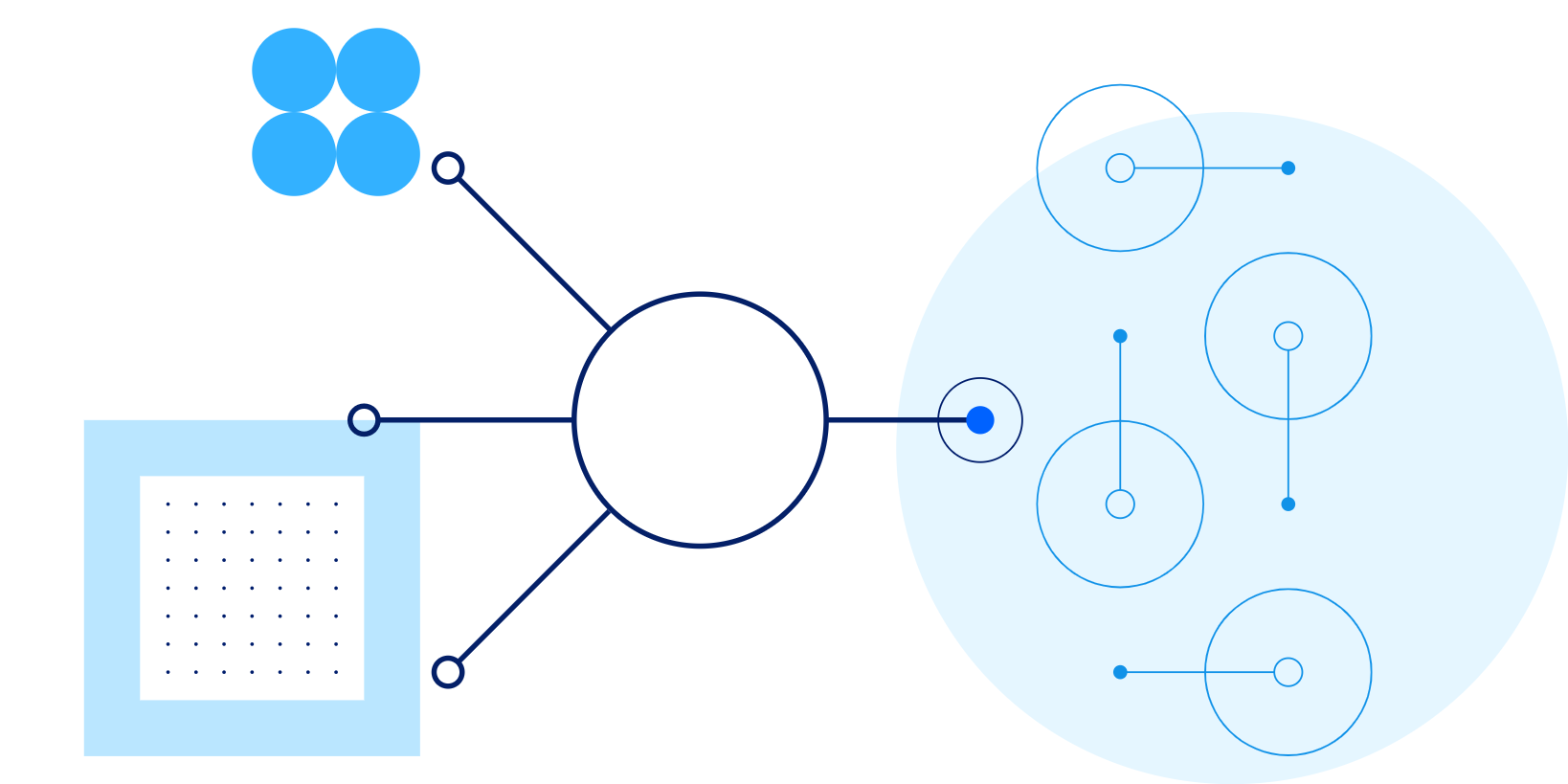Perspectives
Expanding Access To Digital Skills With IBM Open P-TECH
28 May, 2020 | Written by: Bill Kelleher
Categorized: Perspectives
Share this post:
Today, IBM announces the UK launch of Open P-TECH, an online platform that offers free technical skills, as well as professional skills learning, required to be successful in the digital economy. Specifically designed for students ages 14-20, Open P-TECH will begin initially with five institutions – Twyford Church of England Academies Trust, STEM Learning, Leeds City College and Glasgow Science Centre. The launch of this platform, which supports distance learning, comes at a pivotal time as UK schools face unprecedented challenges due to a country wide lockdown, and the education system faces the short- and long-term impacts of the global health pandemic, COVID-19.
The Open P-TECH platform is complementary to IBM’s Pathways In Technology Early College High School (P-TECH) model which was launched to specifically address the ICT skills shortage facing the UK. P-TECH provides an alternative approach to secondary school education by integrating industry and career preparation activities such as mentoring, paid internships and work-site visits alongside the traditional study earning academic qualifications. P-TECH schools provide students, especially those in disadvantaged communities, with improved access to vocational training and the professional and technical skills to be successful in today’s increasingly digitised economy.
Education for all
Open P-TECH, which launched globally on 16th March 2020, is designed to increase accessibility and inclusion to learning digital and professional competencies, helping more young people build the skills required to succeed in the new economy. P-TECH resources can now be accessed remotely, for free, by an audience of teachers and students across the UK.
This means all students, wherever they are, have universal access to foundational knowledge on topics like cybersecurity, artificial intelligence (AI) and cloud computing, as well as professional skills like design thinking and agile.
Students also can earn industry-recognised “digital badges” when completing learning on Open P-TECH, which they can then add to their CVs and LinkedIn profiles demonstrating their capabilities as they apply for internships, apprenticeships, employment and higher education.
While any learner can register for Open P-TECH, IBM is initially partnering with specific institutions that will support students as they learn on the platform.
Twyford Church of England Academies Trust has plans to roll out Open P-TECH to all four high schools under its authority – including the newly opened ‘Ada Lovelace Academy,’ which will take a pioneering approach to developing the ‘digital work-readiness’ of 14–18 year olds.
Commenting on the news, Dame Alice Hudson, Executive Head Teacher, Twyford Church of England Academies Trust said: “Solutions like Open P-TECH will go a long way to helping our students and teachers keep up with the latest developments in the world of work and technology. With many entry-level careers in technology no longer requiring a degree, approaches like P-TECH provide a compelling alternative to traditional forms of higher education. The online format means our students can easily access the resources and as teachers, we can implement them seamlessly into our curriculums. We are convinced that supporting our students to develop industry standard skills using self-directed learning will significantly increase their employability. It has been exciting to work with a multi-national company of IBM’s standing who have been visionary in addressing this very notable skills-gap within the UK education system.”
Meanwhile, STEM Learning, a provider of Continuing Professional Development (CPD) courses for Science, Technology, Engineering and Mathematics (STEM) teachers, is sharing Open P-TECH information with its contacts at every secondary school in the UK. Their staff will also participate in upcoming training sessions to help evaluate course content and explore how Open P-TECH might be incorporated with the STEM Learning offering.
Yvonne Baker, Chief Executive of STEM Learning said: “Ongoing digitisation means STEM skills are becoming more valuable with each passing day, regardless of industry. By increasing ease of access to STEM education resources, we are setting young people up for success now and in the future. That’s why are delighted to support the Open P-TECH platform and look forward to working with the IBM teams to drive better education outcomes.”
Andrea Cowans, Director of Student Life at Leeds City College said: “The launch of Open PTECH gives open access to high quality and industry relevant learning to our wider college community, staff and students. Integrating digital skills and understanding into students’ learning, whatever their course, level or aspirations, is essential for their future success. By developing both technical knowledge and professional skills our students are becoming more employable and better prepared for future careers, whilst helping to address some of the skills gaps employers identify.”
Stephen Breslin, Chief Executive, Glasgow Science Centre said: “We will use the Open P-TECH in conjunction with STEM Futures innovation workshops to build a solid partnership between Glasgow Science Centre and IBM to better equip young people from areas of multiple deprivation with technology skills and industry knowledge. These skills will ultimately increase levels of ‘science capital’ and provide opportunities for more young people to access STEM careers in the future.”
IBM UK’s CSR Lead, Mark Wakefield, who helped launch the programme in the UK, commented: “Young people of today are often underprepared to navigate the world of work and the multitude of options presented upon leaving school. The P-TECH programme embeds the importance of learning different skills alongside traditional education to help students thrive in the future economy. We’re delighted that Open P-TECH will allow even more students, especially those from disadvantaged backgrounds, to boost their career prospects and provide a different route that is more inclusive than ever before.”
A shift to lifelong learning
In addition to Open P-TECH, IBM has also opened access to a host of other online education resources, including IBM Skills and IBM AI Education series for teachers. These broader efforts demonstrate that improving secondary education is just one piece of the skills puzzle. Due to the pace of market and technological change, lifelong learning is now essential for remaining relevant in the workplace and in industry which is why we also released SkillsBuild last year.
Last year, an IBM report forecast that 120 million people will require up- or re-skilling by the end of 2022. Providing free access to these programs and courses, IBM is sharing the tools needed to explore new ideas, careers, and courses – anytime, anywhere.
Individual students and teachers can sign up for a free Open P-TECH account here. Organisations who work with students can apply for a no cost administration account that enables additional features, including the registration of classes, student tracking, and support from the Open P-TECH team: register here. Finally, you can find out more information about IBM’s online education resources here.

IBM Chief Executive UK and Ireland
Generative AI: driving a new era of HR transformation
Helen Gowler, Partner, EMEA Talent & Transformation Lead Today, I’m proud to be part of a company that’s committed to addressing gender bias in the tech industry. IBM is pioneering the use of AI to tackle this issue, and I’m excited to contribute to this effort. Our team is developing AI models that can detect […]
Multi-Modal Intelligence Platform
Traditionally, data management systems provided only numerical or textual based business intelligence primarily for back-office users across finance, sales, customer management and supply chain. Today, we are increasingly seeing data management systems which drive key business functions requiring interrogation of multi-modal data sets from documents, presentations, images, videos to audio. This demands a more sophisticated […]
The use of GenAI to Migrate and Modernise Organisational Core Programming Languages
GenAI is hugely powerful and supports a diversity of use cases by focusing on routine work – allowing people to focus time on value-add tasks, thus enhancing productivity. The focus of this use case is for an organisation which had previously focussed on a legacy set of tooling and programming languages and needed a way […]





























